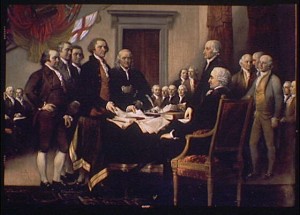
By: Billy BeerSlugger
In the 18th Century to “wear layers” took on quite different than it is currently understood. Whereas today when you are told to wear layers it is out of function, to keep you warm in the cold. In Colonial times wearing layers upon layers of clothing and adorning yourself with a powdered wig were signs of affluence, status and wealth. We’ve all seen renderings of the signing of the Declaration of Independence and the get-ups our founding fathers were wearing and probably think nothing of it. However, have you ever been in Philadelphia in July? If you’re doing anything outside, even just walking around you are going to be sweating profusely and that’s wearing shorts and a t-shirt. So in the name of high fashion and status our founding fathers signed the Declaration of Independence in layer upon layer of unnecessary clothing in 90 degree temperatures. The Colonial gentleman typically donned underdrawers, breeches, leggings (“spatterdashes”), a robelike banyan or waistcoat, formal full-skirted coat or informal frock, outer cloak, hat, and cravat around the neck. I’m not sure what took more guts, to proclaim Independence or risk heat exhaustion from doing it.
So how does Hip Hop and Rap fashion relate to Colonial fashion? Because the same kind of “fashion as a status symbol” is essentially ingrained in the hip hop culture. How many rap songs do you hear that do not brag about money or cars or jewelry or expansive fashion?

Drinking Cristal Champagne more for it’s price tag than it’s taste. Fashion in the Hip Hop culture is more a symbol of status then it is of function, just like our fore fathers. How many times have you seen the emblem of a Mercedes Benz ripped off to make a necklace? How many rappers have gotten gold or platinum front teeth implanted? Certainly not necessary but definitely shows people you have a lot of disposable income.
Now this isn’t to say that most, if not all, cultures do not have a status placed on articles of clothing and accessories. Your girlfriend or wife probably won’t go out of the house without her Coach or Louis Vuitton purse. I know in most circles in corporate America that a really expensive watch denotes wealth where it will generally perform exactly the same as a watch that costs hundreds or thousands of dollars less. And sure the WASP section of the American population is probably just as enamored with expensive name brands as the hip hop culture is. I guess you really don’t hear white people talking singing about owning status symbols and the hip hop culture may be a little more likely to take their perceived level of wealth and status to an extreme. To each their own though, can’t hate on a brotha’ for flaunting it.
play mobile games

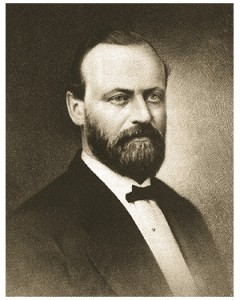
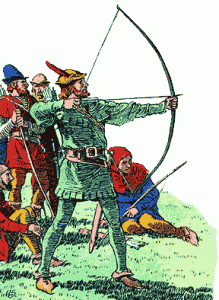 By: Billy BeerSlugger
By: Billy BeerSlugger By: Luan Zuccarello
By: Luan Zuccarello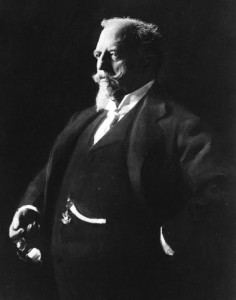 By: Billy BeerSlugger
By: Billy BeerSlugger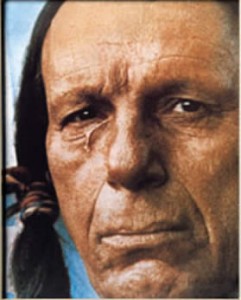 By: Billy BeerSlugger
By: Billy BeerSlugger